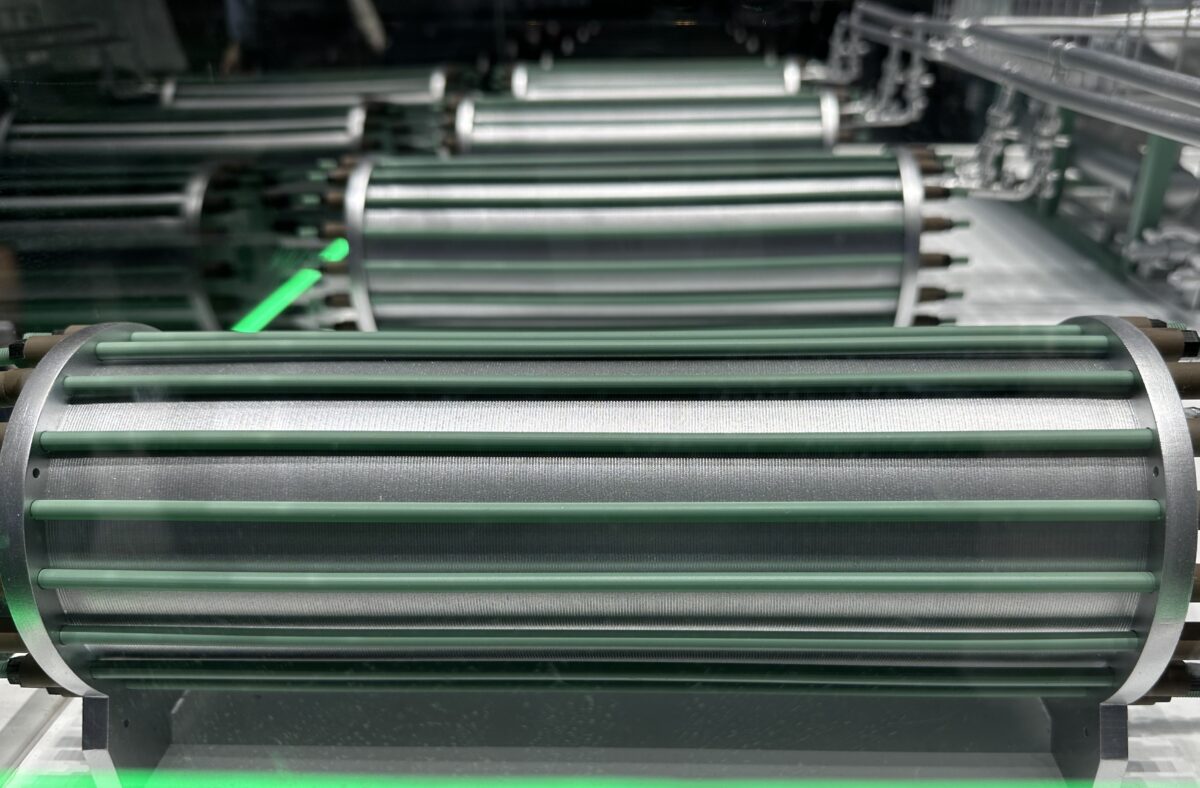The UK government has said it will create a new subsidy scheme for hydrogen-to-power (H2P) plants. The support will be based on the dispatchable power agreement (DPA) support introduced for carbon capture. H2P plants will also gain access to the UK capacity market “as soon as practical,” the government announced.
More detail on support for H2P is expected in spring 2025, but initial plans point to a subsidy based on elements of the DPA introduced to support carbon capture usage and storage (CCUS) deployment. The government will provide a support payment to H2P plants in a bid to provide more revenue certainty for investors, with the expectation that investment and finance costs will come down as the market matures.
The DPA business model introduced in the United Kingdom for CCUS plants is based on contract for difference (CfD) terms. It offers an availability payment, which is paid to plants based on performance regardless of whether the site is dispatching, and a variable payment to make the plant more competitive with fossil fuel plants operating without CCUS equipment. Contract lengths can range between 10 and 15 years. Exact details for the H2P support will be confirmed following further consultation with industry stakeholders.
Industry association Hydrogen UK welcomed the government’s commitment to developing market intervention to support H2P deployment. In a statement published on LinkedIn, the association said: “H2P will be a key tool in achieving clean power and our net-zero targets. Hydrogen UK and our members look forward to working with government next year to develop a suitable and detailed H2P business model that supports the development of world-leading hydrogen-to-power projects.”
Capacity market access for H2P should also come as soon as practical, according to the UK government. Auctions for Great Britain’s capacity market are held by the National Electricity System Operator (NESO) with successful bidders securing contracts with the state-owned Low Carbon Contracts Company. Contracts in the capacity market can run for up to 15 years and provide greater revenue certainty for investors.
The government has acknowledged that given higher “first-of-a-kind” costs, plus concerns about fuel availability, H2P projects may struggle to access capacity market support in the short term. It added, however, that allowing H2P to compete in the capacity market would provide greater long-term stability for the technology.
The UK government views H2P, CCUS and long-duration energy storage (LDES) as key to reducing the country’s reliance on unabated gas-fired generation without accompanying storage technology. Its announcement of new H2P support follows the launch of a cap-and-floor scheme for LDES in October 2024.
This content is protected by copyright and may not be reused. If you want to cooperate with us and would like to reuse some of our content, please contact: editors@pv-magazine.com.



By submitting this form you agree to pv magazine using your data for the purposes of publishing your comment.
Your personal data will only be disclosed or otherwise transmitted to third parties for the purposes of spam filtering or if this is necessary for technical maintenance of the website. Any other transfer to third parties will not take place unless this is justified on the basis of applicable data protection regulations or if pv magazine is legally obliged to do so.
You may revoke this consent at any time with effect for the future, in which case your personal data will be deleted immediately. Otherwise, your data will be deleted if pv magazine has processed your request or the purpose of data storage is fulfilled.
Further information on data privacy can be found in our Data Protection Policy.